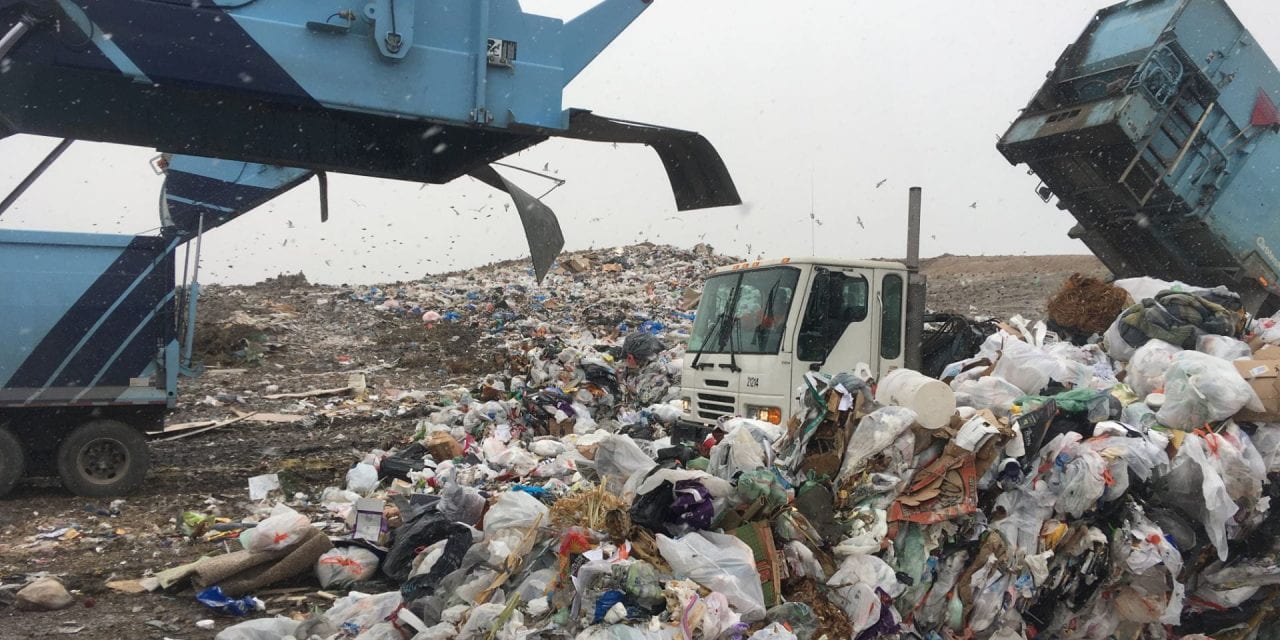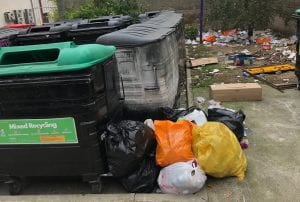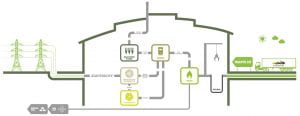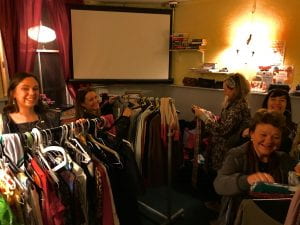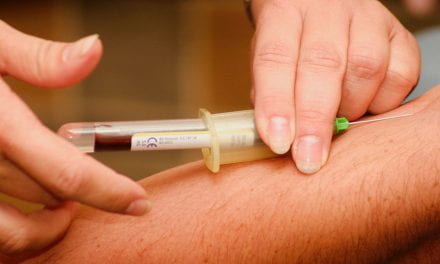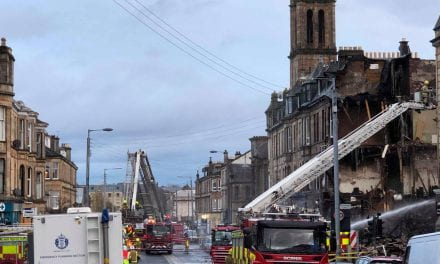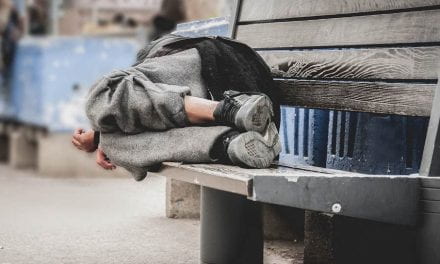Edinburgh businesses are going above and beyond to battle unnecessary waste, but recycling habits at home must improve in pursuit of a greener capital.
Many ‘zero-waste’ shops are curbing single-use plastics on Leith Walk, but incorrect recycling is adding to Scotland’s landfill problem.
“I live at the Foot of Leith Walk,” said Weigh To Go owner Lucy Watters. “It’s all supermarkets down here. There are a few speciality shops but nothing without plastic packaging.”
Lucy invites customers to bring jars from home to buy wholesale foodstuffs and household essentials in store.
Environmental organisation Greenpeace estimate 12.7 million tonnes of plastic currently pollute our oceans. One in three fish caught for consumption now contains plastic.
“Something that’s proven really popular are things like washing up liquid and laundry detergent. You’ve got the bottle at home so you might as well reuse it.”
However, Lucy’s eco-battle is in stark contrast to the ‘contaminated’ recycling bins nearby. Placing incorrect items in recycling bins could land them entirely in landfill.
Millerhill Recycling and Energy Centre is attempting to tackle this. The plant officially opened this month, and will treat 155,000 tonnes of Edinburgh and Midlothian’s landfill waste each year.
Recyclable waste is separated; the rest heat treated to create energy for 22,000 homes. Almost 40,000 tonnes of ‘bottom ash’, a by-product of the treatment, is recycled off site. This circular approach to black-bag rubbish is revolutionary, but it remains vital to continue to prevent black-bag waste to achieve a carbon-neutral Scotland by 2045.
Back on Leith Walk, landfill waste is tackled in an innovative way.
“Edinburgh Remakery is a social enterprise and environmental charity, and we’re committed to reducing waste in Edinburgh,” manager Steph Bowring said.
“Our main services are focused on teaching people repair skills. We hold regular workshops in things like upholstery and woodwork.”
Edinburgh Remakery breathes new life into unwanted textiles, furniture and electronics.
“We’ve had workshops before where we take in old jumpers and show people how to turn them into winter accessories, like hats, gloves, scarves. We then donate these to other charities to give to people experiencing homelessness.”
One million tonnes of textiles are discarded each year. Only 25% of this is recycled. It is estimated that 95% of these items could be reused.
Bodabars, a pub chain in Leith, are tackling textile waste head on.
“We do a clothes swap on a regular basis, and we’ve been doing it for the past 10 years,” owner Anna Christopherson said. These events regularly take place at Sofi’s Bar.
“We all have lots of clothes in our wardrobes, clothes we don’t wear,” Anna said. “People come in, they give five pounds to charity, and they bring their clothes in and take what they want.”
Like all restaurants, the Bodabars generate a vast amount of food waste, but for Anna the recycling battle should start at home first.
“Running restaurants and bars, there will always be food waste. But the household waste is the biggest part in Scotland.”
87% of landfill waste comes from households in Edinburgh and Midlothian, the remainder from businesses.
In collaboration with Zero Waste Scotland, the Bodabars are littered with posters giving practical advise to customers about recycling.
“It’s about reducing the waste at home first,” explained Anna.

